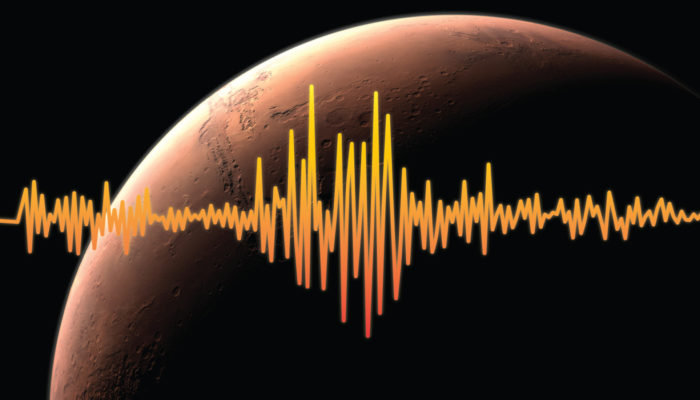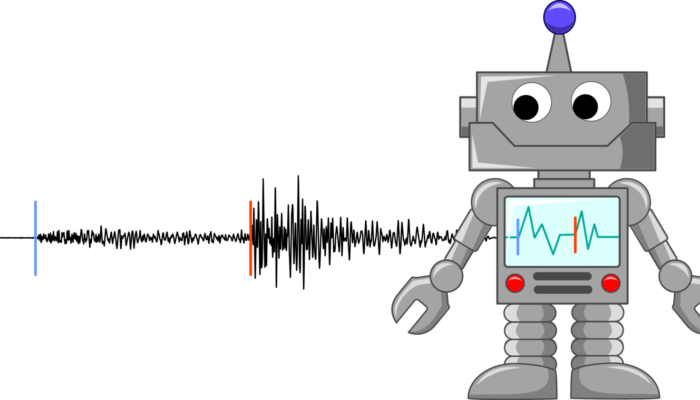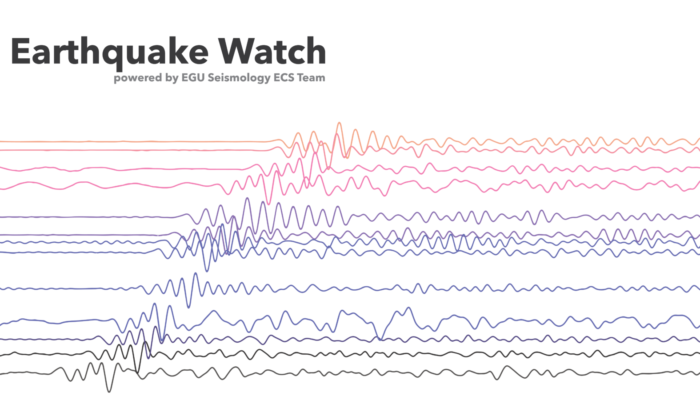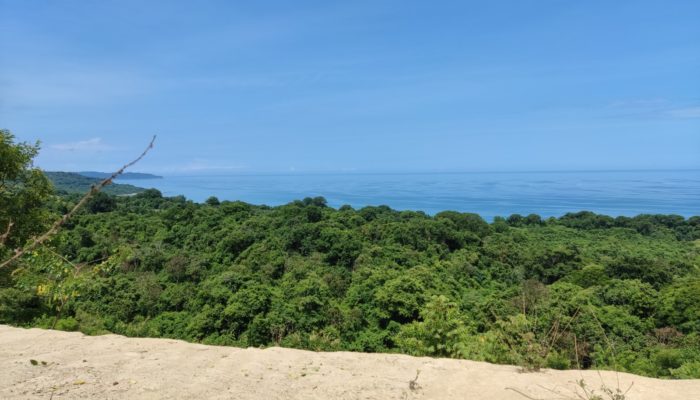We interview Nikolaj Dahmen, a PhD student at ETH Zurich’s Institute of Geophysics, about how he uses Machine Learning methods to detect Marsquakes using data from NASA’s InSight Mission…. Why are marsquakes important to detect? Marsquakes generate seismic waves that travel from its source through the interior of the planet. The recordings of these waves carry information about the medium through ...[Read More]
Opinion: self-supervised Machine Learning in seismology
Martijn van den Ende, a Postdoctoral research fellow at Université Côte d’Azur, writes about his thoughts on the state of Machine Learning in seismology… At this moment of writing, it is unlikely that any experienced seismologist is unaware of the recent advancements of Machine Learning (ML) methods in Earth Sciences. Some pioneering studies started paving the way for ML in the early 1 ...[Read More]
Earthquake Watch: The Coalcomán, Mexico – September, 2022
Dr. F. Ramón Zúñiga, from the Centro de Geociencias, Universidad Nacional Autónoma de Mexico, outlines the 19 September 2022 Mw7.7 Coalcomán, Mexico earthquake for the last Earthquake Watch of the year. On September 19th, barely one hour after the national drill commemorating the damaging earthquakes of September 19th, in 1985 and 2017, another strong earthquake was widely felt in Mexico. It cause ...[Read More]
Seismic Field Work at the Equator
Benedikt Braszus – PhD student at Karlsruhe Institute of Technology, Germany – takes us on a seismic field trip to tropcial Ecuador. Scientists from Géoazur (CNRS/IRD/Observatoire de la Côte d’Azur/Université de la Côte d’Azur), Karlsruhe Institute of Technology, Instituto Geofísico / Escuela Politécnica Nacional (IG-EPN, Quito), Instituto Oceanográfico de la Armada del Ecuador ...[Read More]




